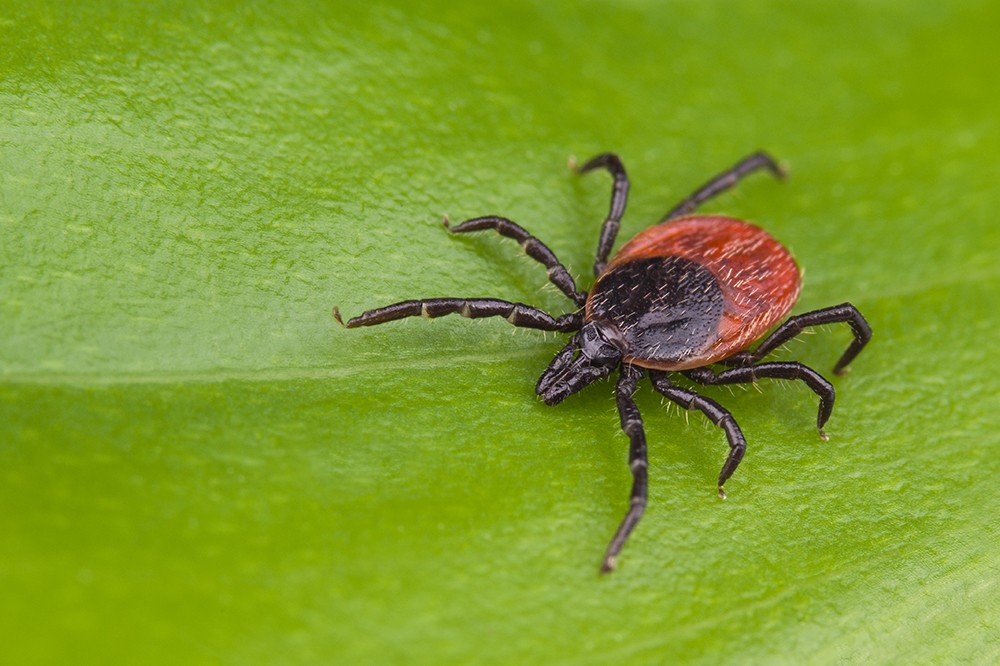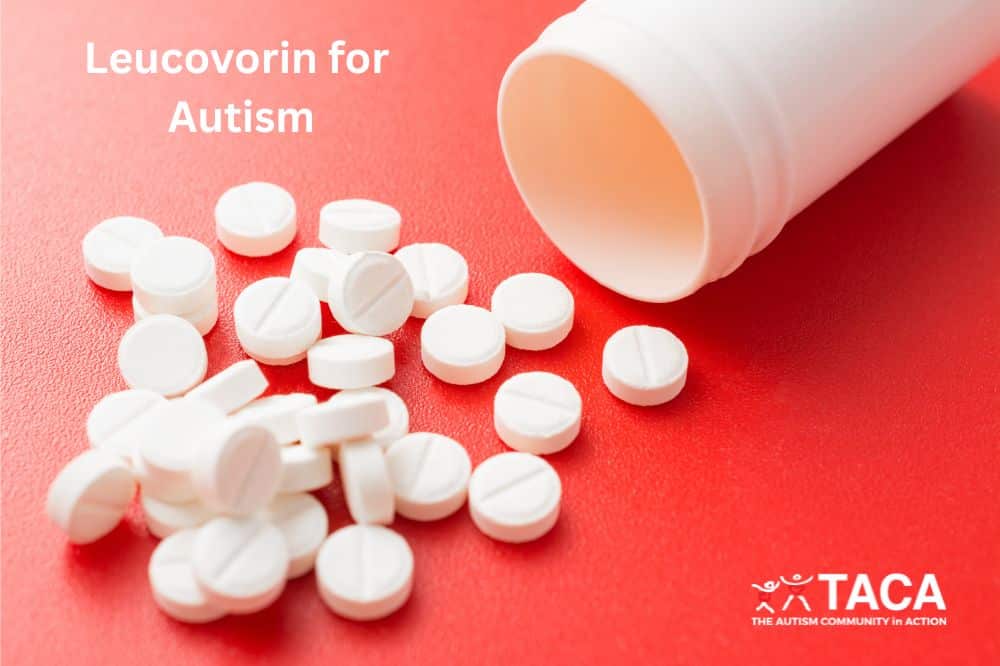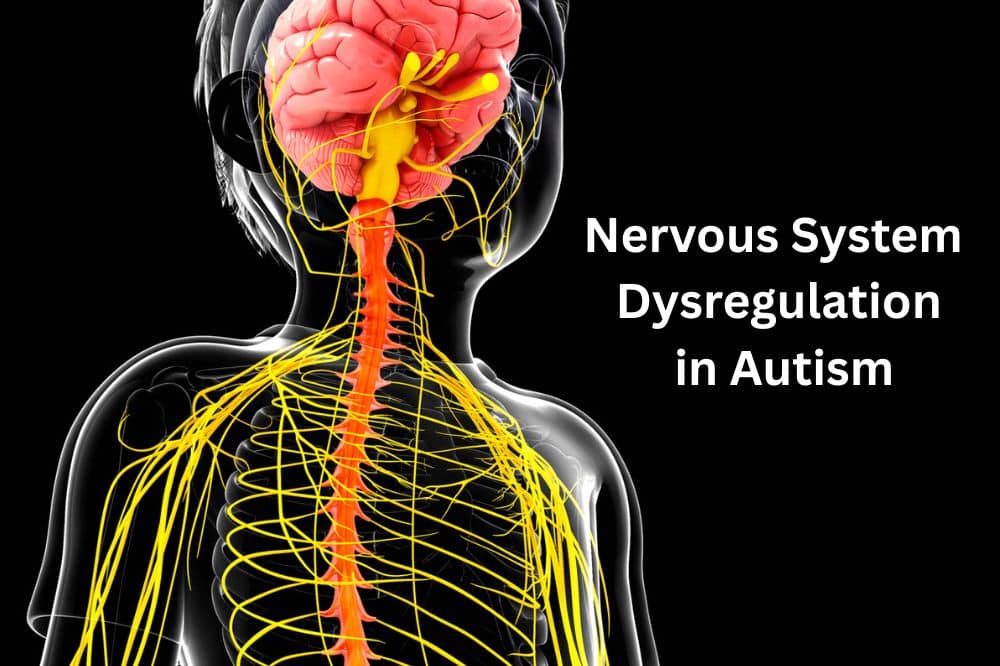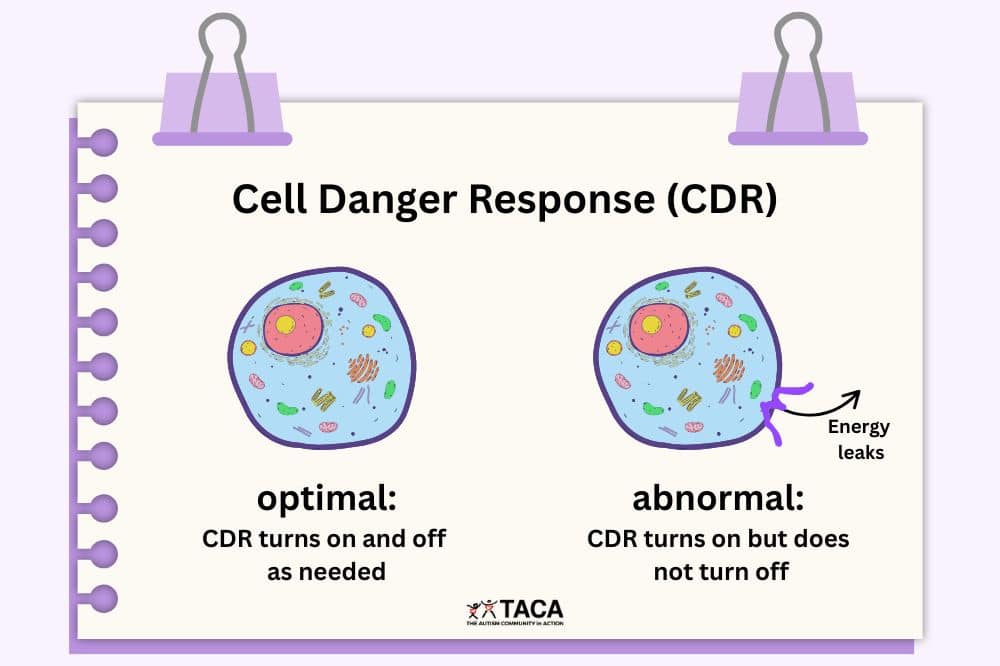Lyme and Autism

All contents of this resource were created for informational purposes only and are not intended to be a substitute for professional advice, diagnosis, or treatment. Always seek the advice of your physician, therapist, or other qualified health providers with any questions or concerns you may have.

Darin Ingels, ND
Common Symptomatology Between Lyme and Autism
When speaking with children who are chronically ill, it can be difficult to understand what is causing their symptoms. Children, naturally, might not know how to accurately describe their pains or illness. When there are multiple symptoms, it can be even more challenging as they grow and change so quickly. For children with autism or other language disorder, they may be limited or unable to communicate why they feel the way they feel.
Autism Spectrum Disorder (ASD) and Lyme disease are examples of what seem to be entirely different diseases, but they share an overlap of symptoms. While autism is usually seen as a developmental disorder and Lyme an infectious disease, the two have more in common than you might think. There are interesting connections between the two, especially when diagnosed in children.
Symptoms Shared by Both Autism and Lyme
Neurological
- difficulty communicating
- delayed development
- muscle twitching
- sensitivity to light
- brain fog
- confusion
- disorientation
Psychological
- behaviors
- OCD
- anxiety
- outbursts
Physical Health
- muscle weakness
- arthritis
- rashes
Gut Health
- food allergies
- bloating
- constipation or diarrhea
- abdominal pain
Diagnosing Lyme Disease

These symptoms are common features of autism and Lyme disease. Coincidentally, many of these symptoms are also displayed in auto-immune disorders. Blood tests may help determine if your child has been exposed to the Lyme bacteria, but current testing for Lyme disease is not very sensitive and misses many people who have had previous exposure. According to the CDC, Lyme disease is a clinical diagnosis, which means it is based on signs and symptoms. Lab tests only help confirm that exposure. Because it can be difficult to tell the difference between symptoms caused by autism and those caused by Lyme disease, you may need to work with a Lyme specialist who can help determine if your child has been exposed and if treatment is warranted.
Treatment Options for Lyme Disease

Nutritional Support
There are treatments that benefit Lyme and autism alike. Focusing on gut health has been an important part of treatment for both conditions. This is because we are seeing the benefits of specific diets in patients with autism and/or Lyme. Nutritional support strengthens the integrity of the intestinal membranes, balances the billions of bacteria in our gut and improves digestion and elimination. All of this help support the immune function of the gut, which ultimately affects brain function.
An effective nutritional protocol would support the immune system, reduce symptoms, calm the nervous system and strengthen the body’s ability to fight infections. Autoimmune conditions such as autism and Lyme disease benefit greatly from proper diet and lifestyle modifications. Removing casein, dairy, sugar, processed foods and gluten from the diet will allow the body to heal and aid in the detoxification process, naturally.
Managing Stress
Also, reducing environmental factors like external and emotional stressors are extremely important for both Lyme and ASD. Stress responses increase the load on the immune & nervous system, which can lead to exhaustion and further relapse into symptoms. Identifying these triggers help you to work around them and eventually train your nervous system to create new patterns and get rid of the old ones. Autoimmune conditions have very unique impacts on the immune system, especially Lyme and autism.
Treating the Infection
Above all, treating the infection is important in overcoming Lyme disease. Treatment options may include antibiotics if the exposure has been recent or herbal therapies if the infection has been long-standing. The benefit of herbal therapy is that it is effective in targeting infection, but also helps reduce inflammation, support the immune system, improve circulation and helps with tissue repair. Consider speaking to a specialist about your child’s symptoms, especially if they mimic other autoimmune conditions. And never be afraid to get a second or even third opinion, as it may be necessary in order to get to the root of problem.




